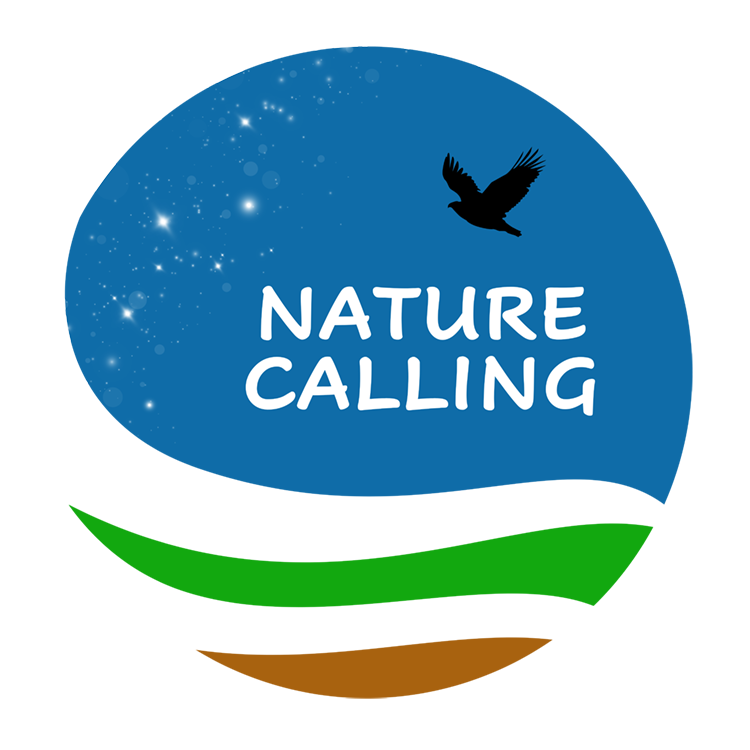The dead wombat has been there for a couple of days now. The stench tells the story, as do the flies. The painted stripe down its back is another thing – a sign to those who care, that this one has been checked. Its pouch is empty; no babies need to be rescued from its dead body. Drive on, like everybody else does. We’re in a rush, or going too fast, or we’ve just seen it so often it doesn’t register anymore.

Roadkill – it’s an everyday reality for those who drive, especially long distances on country roads. It’s the collateral damage of the road trip. And it’s a sign of the times, a symbol of how we live, the things we can’t change, the fast pace of modern life and the way we treat the rest of the world (aka nature). We cut straight lines across the land, just as we do across the seas and skies, in order to get from one place to the next as fast as humanly possible.* Because we have business to do, people to meet, more immediate concerns than caring for the land and the planet that is our home. More important stuff.

That’s how we got here – to the precipice of the ecological emergency, which afflicts the entire earth now, the cliff over which we are hurtling since the feedback loops started to kick in. We burn greenhouse gases and turn the plants and animals into agribusiness and treat them all like grist to the mill. Any cereal grain or docile beast unfortunate enough to be domesticated has been ‘farmed’ – or more accurately, industrially exploited – to the point of complete depersonalisation.
 You couldn’t do to battery hens, pigs, or feedlot cattle what is routinely done on behalf of obscene profits if you actually had to face what these animals feel. We couldn’t decimate the insect population and pour countless trillions of litres of chemical run off, of pesticides and fertilisers, into the sea, creating desolate coastlines and Great Barren Reefs, if we cared about the rest of the earth’s population.
You couldn’t do to battery hens, pigs, or feedlot cattle what is routinely done on behalf of obscene profits if you actually had to face what these animals feel. We couldn’t decimate the insect population and pour countless trillions of litres of chemical run off, of pesticides and fertilisers, into the sea, creating desolate coastlines and Great Barren Reefs, if we cared about the rest of the earth’s population.
It’s all about the wheat, the rice, the cotton; not the birds, the bees, the native grasses or traditional remedies that used to grow here. Where? Anywhere.
 This dead wombat is one of the dozens I see every week on my work commutes. Smashed to death by a metal bullet hurtling down the road at 100kmh, another human being at the wheel. Almost inevitably, we won’t stop to witness the passing of another life at the hands of modern society. It’s just what we do. Kill thoughtlessly, randomly, impersonally, as an inevitable side effect of our hustle and bustle. This is what we have done to our planet and home.
This dead wombat is one of the dozens I see every week on my work commutes. Smashed to death by a metal bullet hurtling down the road at 100kmh, another human being at the wheel. Almost inevitably, we won’t stop to witness the passing of another life at the hands of modern society. It’s just what we do. Kill thoughtlessly, randomly, impersonally, as an inevitable side effect of our hustle and bustle. This is what we have done to our planet and home.
Roadkill is a symbol for our times.

- For more on the mythology of straight lines, see the ecomythic doco “City Living, Nature Calling” here.
